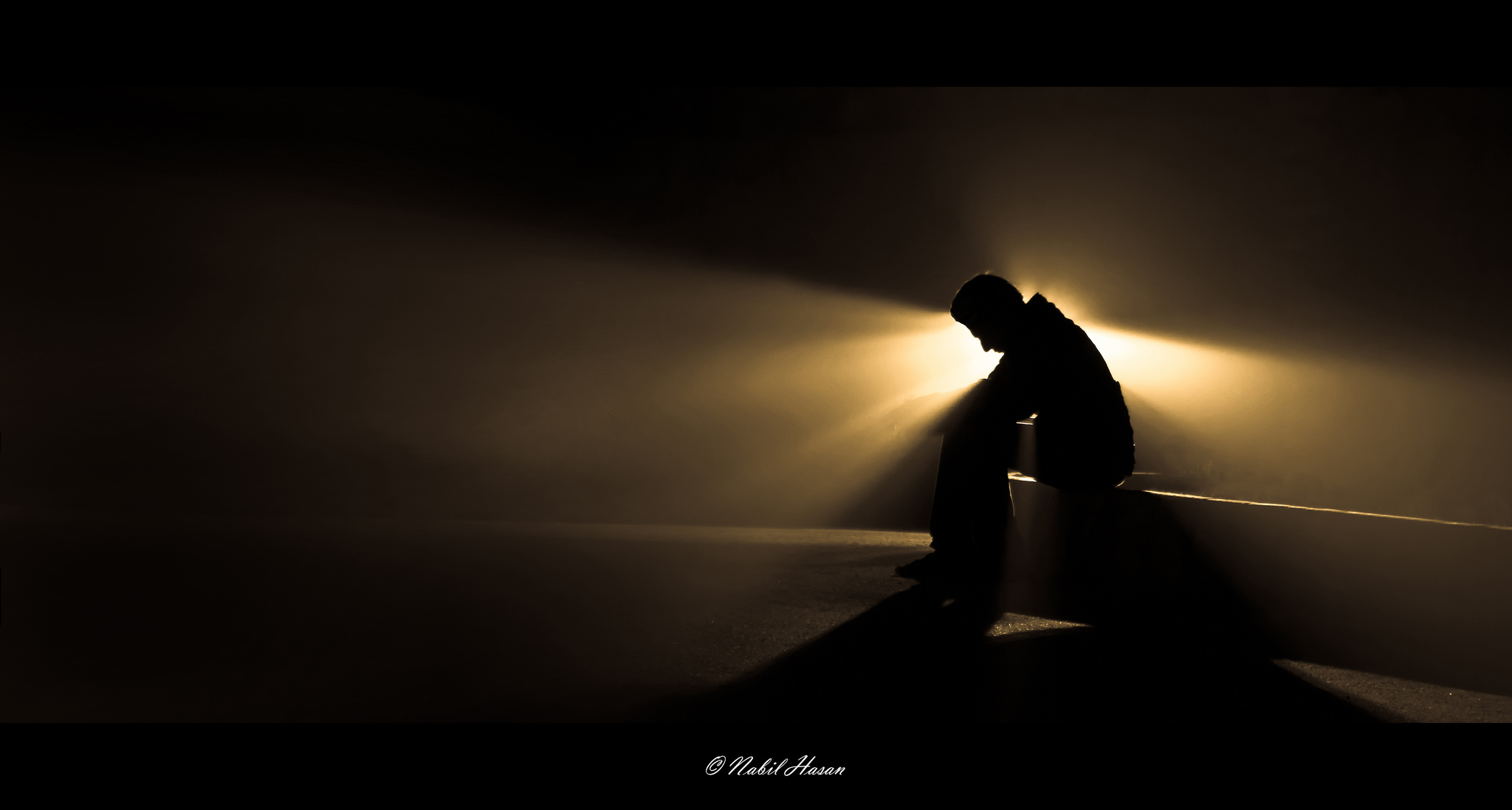Before the 2011 revolutions, I never saw reflections of myself in the media portrayal of Muslim women. The women covered by the media usually played into the stereotypes of Muslim women as weak, silent, and victimized, and the only discussion about Muslim women that ever got any airtime was about their clothing. Many so-called experts, media gurus, and politicians obsessed over head-scarves (hijabs), face veils (niqabs), and cloaks (burkhas), clearly believing that Muslim women were somehow defined by their clothing choices.
When the media images of women from Egypt, Tunisia, and Yemen began rolling in, I was thrilled. Here were women who were neither submissive nor silent, and their clothing appeared to pose no barriers to their participation in the demonstrations. There were pictures of young girls with hijabs tucked around animated faces, arms raised high and fingers split in the universal signs for victory and peace. There were images of women in black burkhas kissing soldiers and women in niqab bowing down in prayer shoulder-to-shoulder with men, in front of tanks and barricades. Also present were women in skinny jeans and uncovered heads, screaming revolutionary slogans in Arabic and English. In fact, some of the key leaders in the protests were women wearing burkhas and hijabs. In Yemen, Tawakul Abdel-Salam Karman, a fiery female activist managed to lead the protests while wearing a hijab and black burkha. Asmaa Mahfouz, who is credited with a significant role in igniting and then leading the revolution in Egypt, wore a hijab.
When the stories and images of these thousands of diverse and complex Muslim women hit the airwaves, they not only shattered stereotypes, they also revealed the fallacy of focusing solely on the veil. These discussions have been counter-productive, divisive, and have perpetuated an understanding of Muslim women as exotic and different from non-Muslim women. These revolutions have made clear that these women are not so different after all, and that their peaceful struggle for freedom of expression, justice, and equality exhibit the same ideals that underpin our country and Constitution. The important question, which had been obfuscated all this time by the discussion of the veil, was whether Muslim women had the right to choose how to practice their faith and express their religiosity. Their issues therefore were not gender-centric, and the only way to help them was to promote freedom for all.
As explained by Egyptian feminist Mozn Hassan, the director of the Egyptian NGO Nazra for Feminist Studies, “The clothing of Egyptian women should only be discussed within the context of whether they have the freedom to choose how they dress. It should be part of a greater political discussion which moves us towards reading women’s issues within the whole context of political and social change.” Hassan and her NGO have long been vocal advocates of gender equality and freedom, and she was thrilled by the involvement of women from all social and economic backgrounds in the revolution. She noted that through their involvement in the protests, Egyptian women had created a greater public space for themselves, and important work needed to be done to ensure that the future of Egyptian society and politics was shaped around the protection of women’s rights and minority rights.
In order to promote our ideals of democracy, equality, and freedom in the Muslim world, we Americans must move past stereotypes of Muslims, so many of which are tied to misconceptions about women and gender-relations in Islam. As Muslim women demonstrated through these revolutions, Muslims are not a monolithic entity, and in their diversity and complexity encompass cultures, languages, and customs from every country in the world. At a time when Representative Peter King is conducting hearings on the purported radicalizations on Muslims in America, it is important to reflect on the insidious nature of stereotypes about Muslims, and the extent to which they lead us in circles and make us miss opportunities for understanding and connection with Muslims in America and abroad.
Uzma Mariam Ahmed is a contributing writer to Altmuslimah. Photo courtesy of messay.com.




